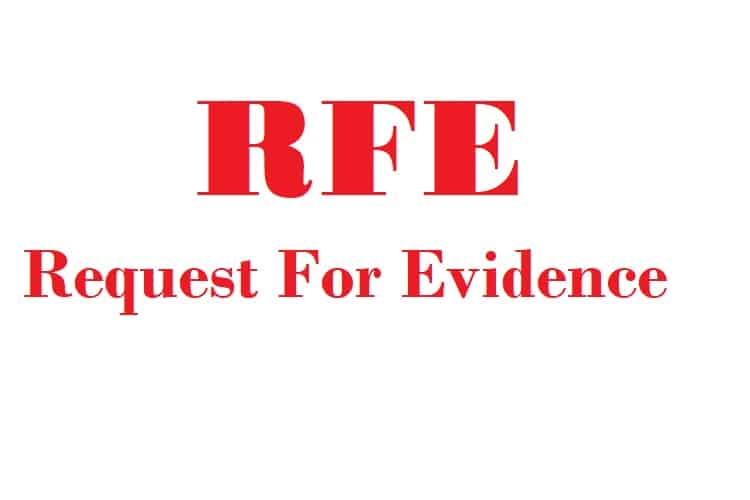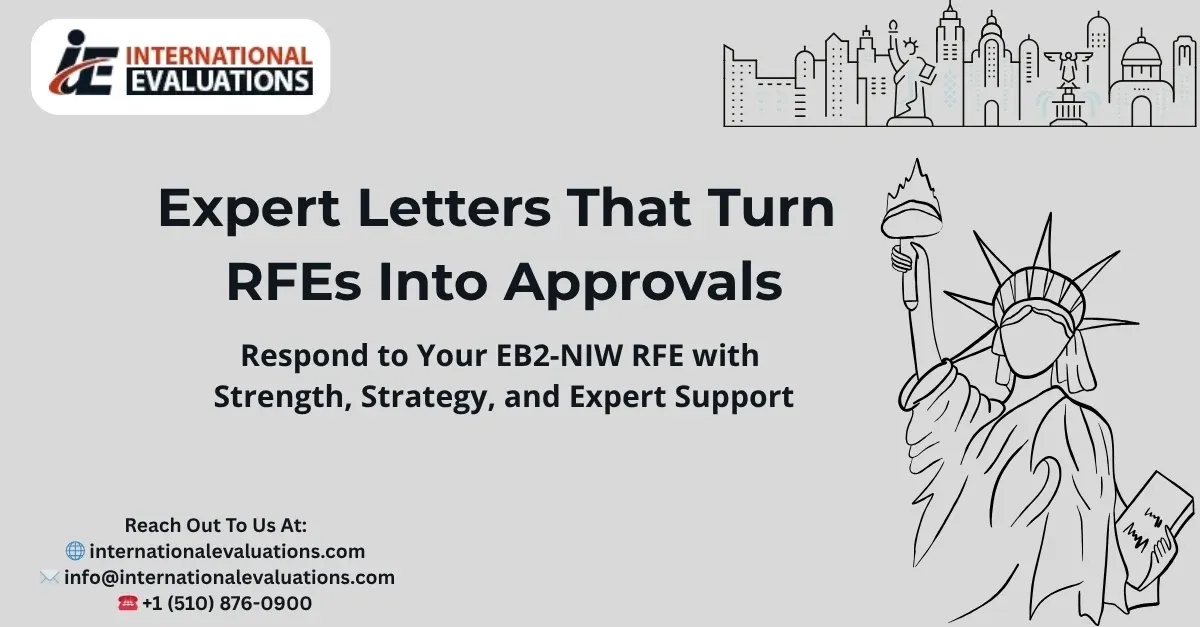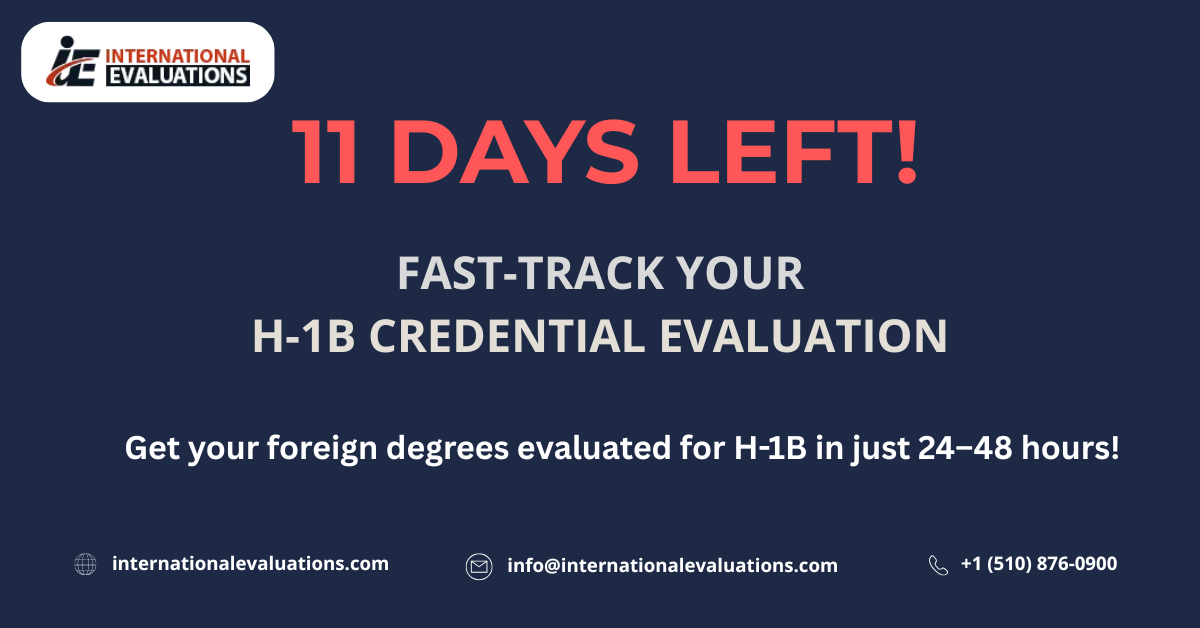An RFE stands for Request For Evidence, this is issued upon by USCIS (US Citizenship and Immigration Services) mainly due to lack of primary evidence issued by the petitioner (employee).
RFE for H1-B Visas
Usually, people come into panic mode when an RFE is issued, just put it simply that your application is not rejected and is being considered that you give required or satisfactory proofs required for an H1-B visa. USCIS is stern considering the H1-b visa policy, especially when under Trump Administration, so if an officer feels that the proofs are not enough, they will send out an RFE.
Why RFE (Request for Evidence) is issued?
There are many reasons why an Request For Evidence is issued, some of them are as follows:
- Work experience proofs, not enough: When considering an application for an H1-B visa, the officer takes notes that your work and academic proofs should be equivalent to the requirement for a particular position if they seem like something missing like academic proof like a diploma, they can issue an RFE and more such cases related to academic proofs.
- Relation between employee and employer: The proofs can be asked that there is valid relation between employer and employee such as that the employee reports to a specific manager who works in the company and that the company where he works and who has filed the petition are the same.
- Specialty Occupation: This comes in very handy if the officer doubts that the given petitioner doesn’t qualify theoretically and practically for that particular role, they can have this up against for sending out an RFE, you should provide enough proofs that you have a specialization for the given position by handing out documents from previous employers, mark sheets in area of position and experience proofs in the same area as applied.
There is a deadline!
When the RFE is issued, a period is given to hand out documents, usually 60-90 days.
The point to be noted is that you should start counting the days when it was issued and not when you received it.
Also, if you travel extensively, you should have a backup because you do not want to miss an RFE, if You do miss the deadline your application is most likely to be rejected.
You must meet the deadline otherwise the organization will consider it as abandoned and in which case it will most likely come out as a denial.
What you can do
Expert opinion letter
An expert opinion letter is an evaluation done by an expert/professor, it’s a combination of academic, experiential credentials and evaluation of a candidate in context to a specific visa category usually H1-B.
Our expert will take into account your experience and academic qualifications and put that in a way to issue a degree equivalent as per USCIS regulations.
Our experts will take into account the work responsibilities, position, time interval of occupation, and issue an academic equivalent as per USCIS standards and will be accompanied by expert credentials that they have the authority to grant University-level credits.
What’s needed?
Resume detailing jobs held, responsibilities, ethics letter, the time interval at the given position.
Reference letters from previous companies verify that you have valid work experience from that particular organization.
Academic records, university transcripts, and English translation of all the documents.
Conclusion
The H1-B visa is most likely to be issued if you have a specialist occupation, that you fit for that profile given your experiences and academic background so don’t go for any other positions rather than your area of specialty. You can go ahead with International Evaluations experienced experts if you get into this scenario. We have experts who can handle Request for Evidence.








